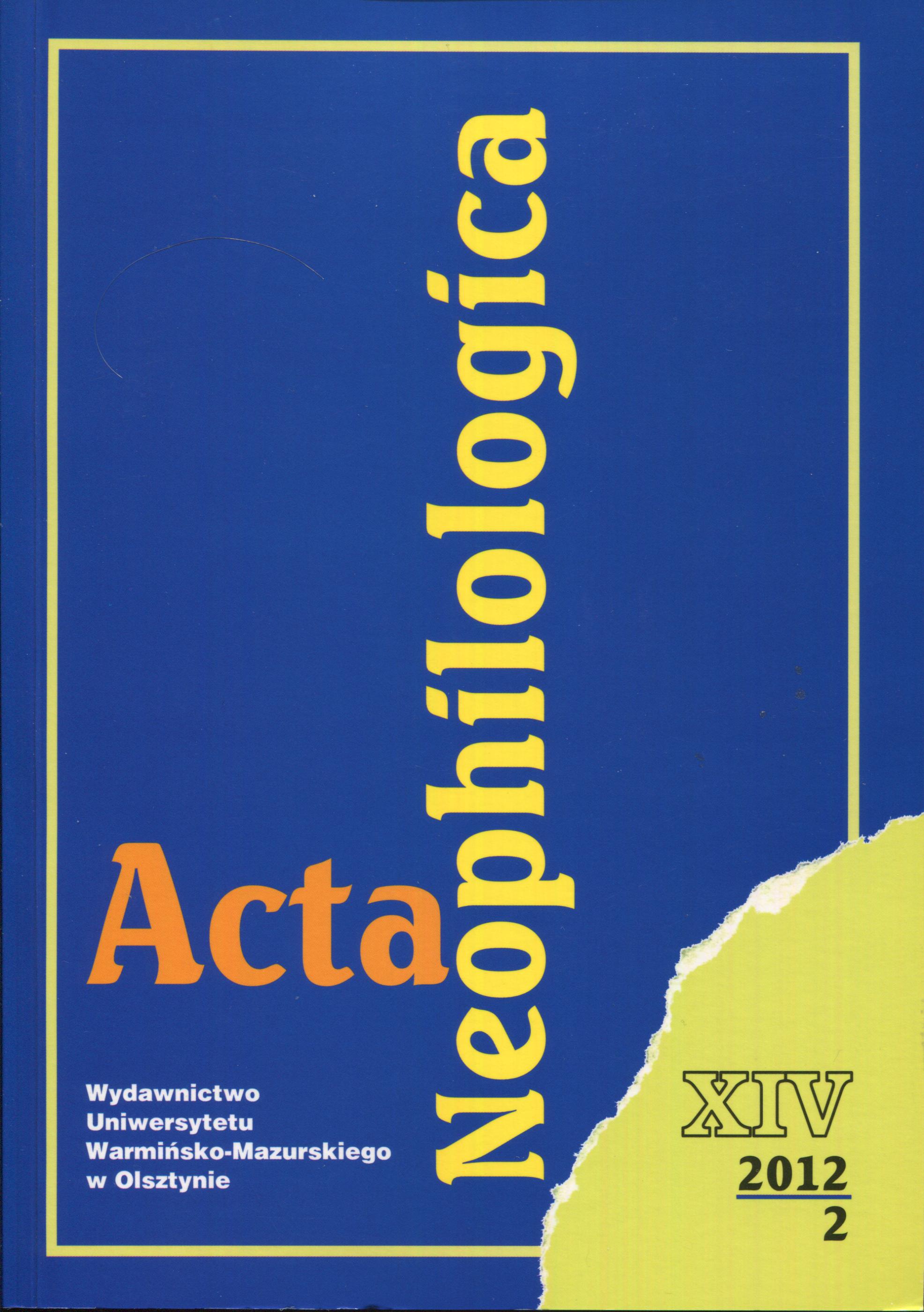Golgotha and the Galilee Lake in the contemporary Israeli
Poetry – on the example of the selected poems of Hezy Leskly and Amir Or
Golgotha and the Galilee Lake in the contemporary Israeli
Poetry – on the example of the selected poems of Hezy Leskly and Amir Or
Author(s): Beata TarnowskaSubject(s): Language and Literature Studies, Studies of Literature
Published by: Wydawnictwo Uniwersytetu Warmińsko-Mazurskiego w Olsztynie
Keywords: Israeli poetry; motifs of Golgotha and the Galilee Lake in literature; poetry of Hezy Leskly; poetry of Amir Or
Summary/Abstract: The article presents the motifs of Golgotha and the Galilee Lake in the modern Israelipoetry on the example of the selected poems of Hezy Leskly and Amir Or. Contrary toChristian tradition, Jesus is shown here as a man, an enlightened master who “can’t be calledJewish or Christian” and a brother rather than God. The description of the places of theRevelation of Jesus’s divinity is – in the poetry of Leskly and Or – a point of departure for theelucidation of the religious, metaphysical and aesthetic issues, most notably on the notions oftruth and beauty in art. For Leskly, who was not a believer of any religion, Golgotha is anequivalent of the metaphysical emptiness and the lack of the eschatological hope. WhereasLeskly is interested mainly in the ontological status of the word that becomes – as in theBible – a separate being-body and the exploration of his own “ego”, as well in an aestheticdimension of the work of art, Or is absorbed mainly in a super-personal reality in which theunity of the opposites and the lack of dualism become synonyms for the harmony of being. Inthe light of the poet’s beliefs, Jesus becomes an exponent of the faith in an immanent unity ofthe universe.
Journal: Acta Neophilologica
- Issue Year: 2/2012
- Issue No: XIV
- Page Range: 231-244
- Page Count: 14
- Language: English

